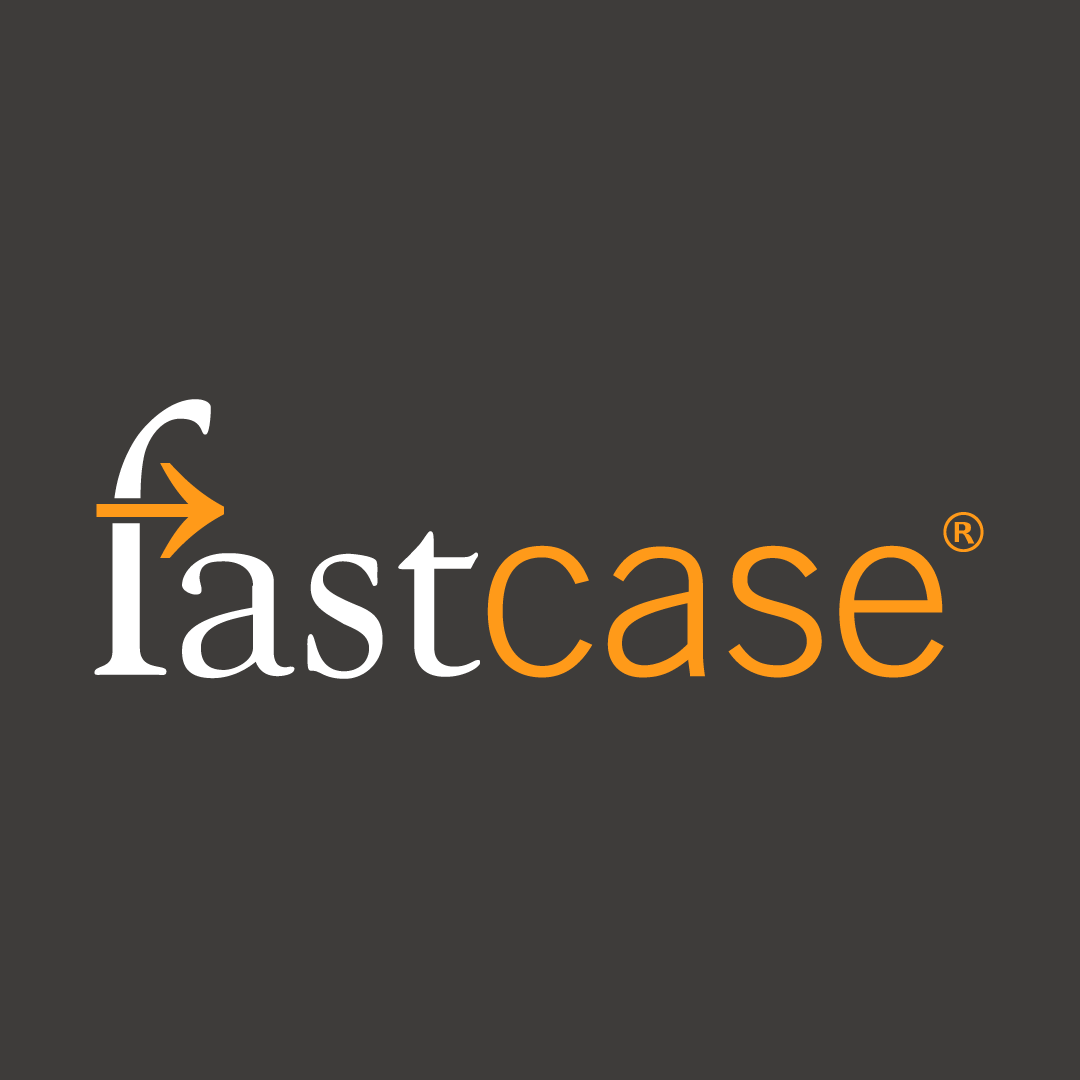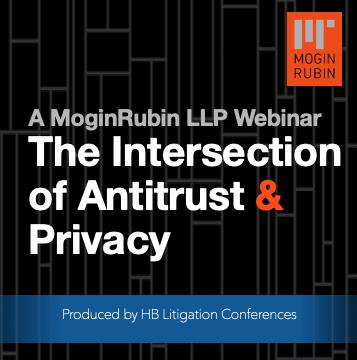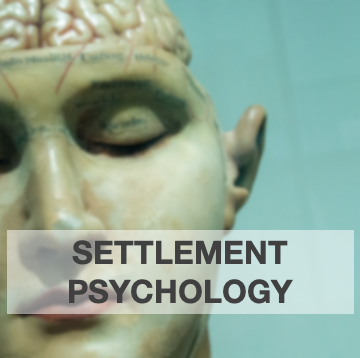San Francisco Baykeeper Sues Aviation Part Manufacturer Over Heavy Metal Pollution
Reposted with permission of Law Street Media and Fastcase.
On Tuesday in the Northern District of California, plaintiff San Francisco Baykeeper filed a civil action against defendants Allied Engineering & Production Corp., Allied Land Co. (collectively Allied), and Stone Boatyard to rectify the alleged past and ongoing contamination of canal shoreline near the San Francisco Bay. The plaintiff brings the suit under the private attorney general provision, asserting rights on behalf of the public against the defendants for supposedly dumping metal shavings in the Oakland Inner Harbor Tidal Canal in violation of the law.
Baykeeper is an environmental non-profit organization with approximately 3,500 members who live and recreate in and around the San Francisco Bay area. The organization’s mission is “to defend San Francisco Bay from the biggest threats and hold polluters accountable to create healthier communities and help wildlife thrive.” It monitors and investigates pollution as part of its efforts to ensure that the bay is clean and safe for recreation.
Defendant Allied Engineering operated a machine shop from 1951 to about 2011, located in Alameda, Calif., on a property that Allied Land owned. The machine shop manufactured aviation industry components and stored hazardous materials, hydraulic oils, lubricants, greases, fuels, coolants, and solvents, the complaint avers. The defendants are charged with dumping materials onto an adjacent parcel that was formerly owned by the United States but is now owned by Stone Boatyard.
The plaintiff organization alleges that some of its members alerted it to a stretch of the canal’s shoreline contaminated with metal waste. Baykeeper staff investigated and discovered that the contamination consisted of metal shavings or swarf. The complaint also explains that “[s]ampling indicates the presence of lead contamination in the contaminated soil in excess of California Hazardous Waste Criteria.” On information and belief, the complaint avers, Allied knowingly dumped the swarf, thereby violating tort law and the Resource Conservation and Recovery Act (RCRA).
Baykeeper contends that the canal’s heavy-metal concentrations “adversely affects the water quality of San Francisco Bay and San Leandro Bay and threatens the beneficial uses and ecosystem of those interconnected habitats, including key habitat for threatened and endangered species.” Baykeeper’s members suffer harm because they cannot safely hike, swim, fish, surf, kayak and observe wildlife, among other activities, in a toxified environment.
Baykeeper asserts an RCRA cause of action, nuisance per se, and public nuisance. The plaintiff asks that the defendants be enjoined from committing further violations, and that they be required to remediate environmental harm caused by the dumping.
The plaintiff is represented by Aqua Terra Aeris Law Group and its own representation.





